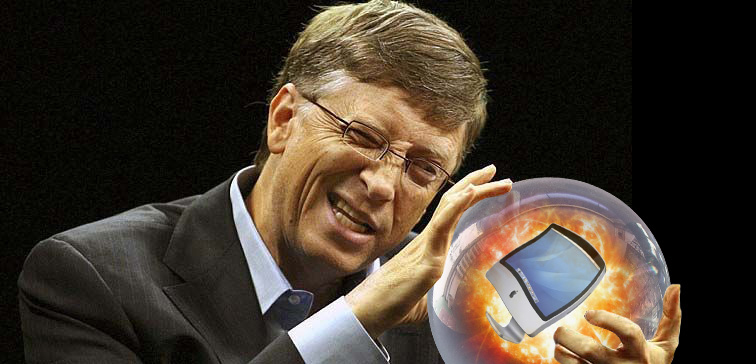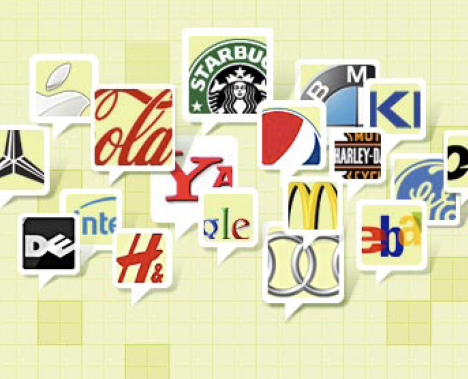Keeping track of bold predictions has been a favorite past time of pundits from Nostradamus all the way to Bill Gates. In 1999 Bill gates wrote a book titled “Business at the Speed of Thought,” in which he made 15 very bold predictions that at the time sounded outlandish and well .. a bit crazy.
But Marcus Kirjonen, a business student, pointed out on his blog, his forecasts turned out to be “eerily prescient.”
Read Bill Gates’ 15 Predictions from 1999:
#1 Regarding price comparison sites – “Automated price comparison services will be developed, allowing people to see prices across multiple websites, making it effortless to find the cheapest product for all industries.”
#2 Mobile devices – “People will carry around small devices that allow them to constantly stay in touch and do electronic business from wherever they are. They will be able to check the news, see flights they have booked, get information from financial markets, and do just about anything else on these devices.”
#3 Online payments and financing – “People will pay their bills, take care of their finances, and communicate with their doctors over the Internet.”
#4 Personal assistants – “‘Personal companions’ will be developed. They will connect and sync all your devices in a smart way, whether they are at home or in the office, and allow them to exchange data. The device will check your email or notifications, and present the information that you need. When you go to the store, you can tell it what recipes you want to prepare, and it will generate a list of ingredients that you need to pick up. It will inform all the devices that you use of your purchases and schedule, allowing them to automatically adjust to what you’re doing.”
#5 Online home monitoring – “Constant video feeds of your house will become common, which inform you when somebody visits while you are not home.”
#6 Social Media platforms – “Private websites for your friends and family will be common, allowing you to chat and plan for events.”
#7 Automated promotional offers – “Software that knows when you’ve booked a trip and uses that information to suggest activities at the local destination. It suggests activities, discounts, offers, and cheaper prices for all the things that you want to take part in.”
#8 Live sports discussion sites – “While watching a sports competition on television, services will allow you to discuss what is going on live, and enter contest where you vote on who you think will win.”
#9 Smart advertising – “Devices will have smart advertising. They will know your purchasing trends, and will display advertisements that are tailored toward your preferences.”
#11 Online discussion boards – “Residents of cities and countries will be able to have Internet-based discussions concerning issues that affect them, such as local politics, city planning or safety.”
#13 Project management software – “Project managers looking to put a team together will be able to go online, describe the project, and receive recommendations for available people who would fit their requirements.”What we see now: There’s tons of workflow software in the enterprise space that’s revolutionizing how you recruit, form teams, and assign work to others.



Good